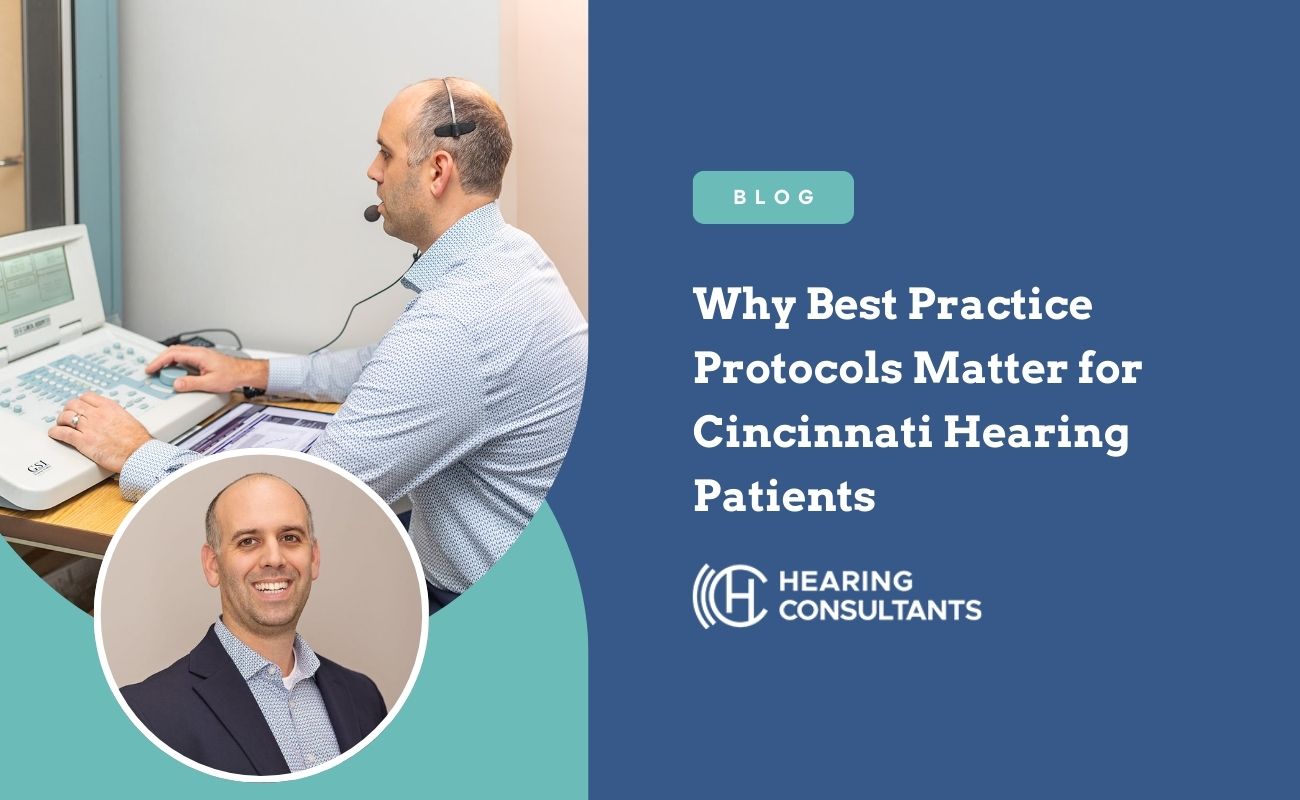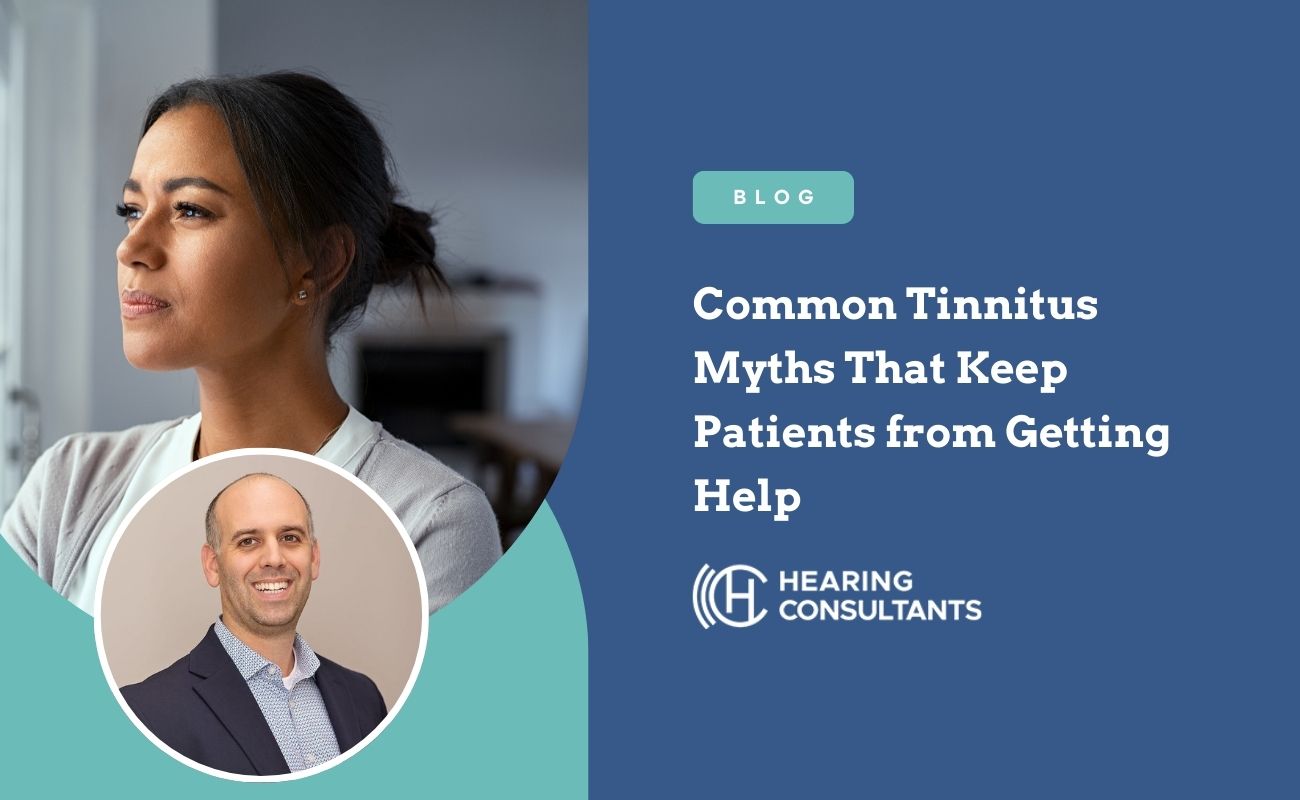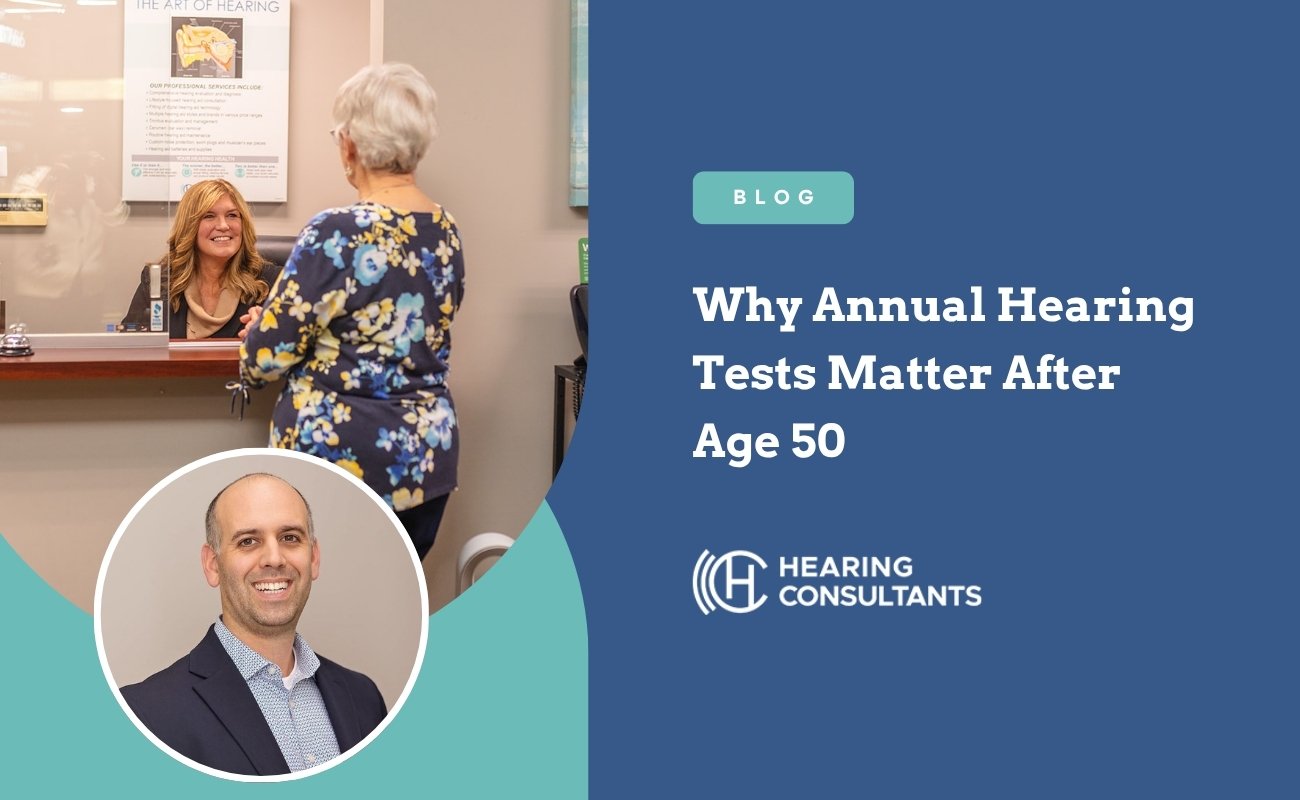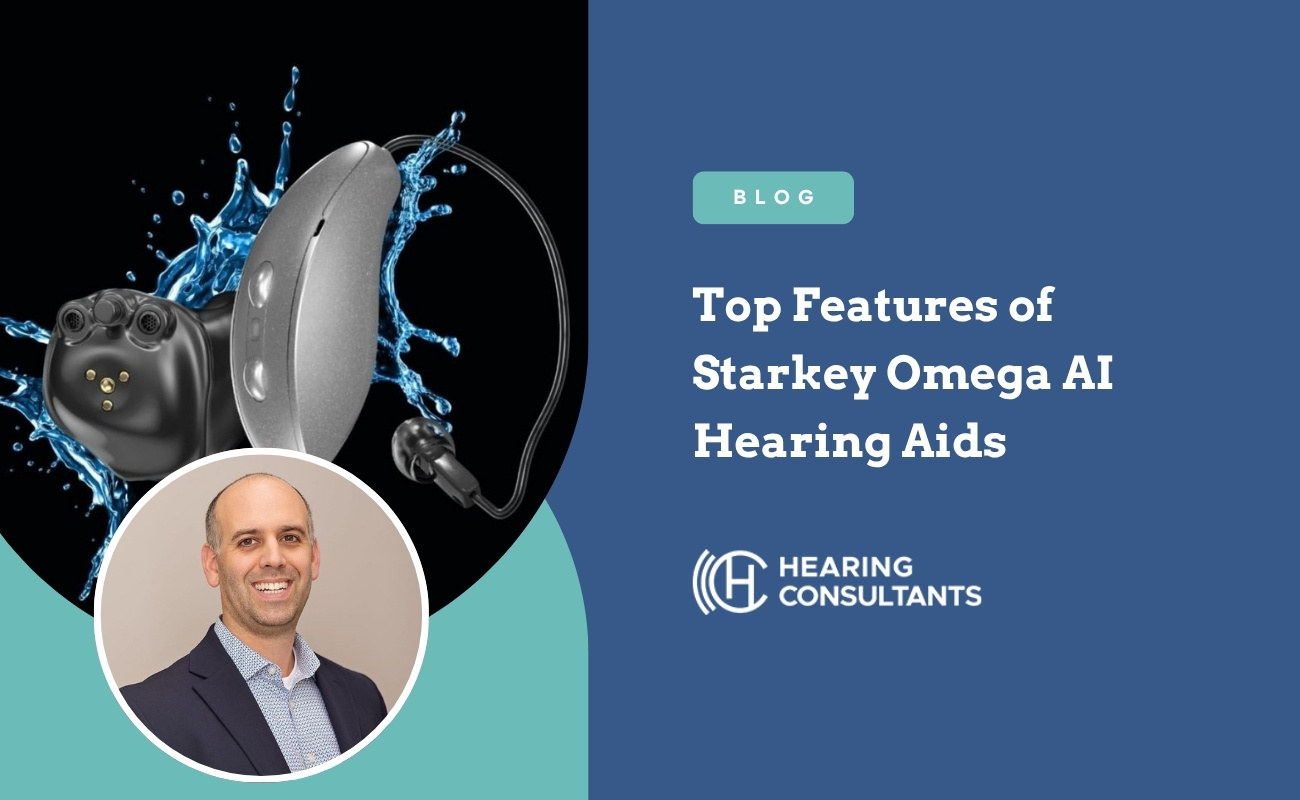Understanding Sudden Hearing Loss
Although most people lose their hearing progressively as a natural part of the aging process, other adults have an entirely different experience. Imagine that one day you woke up with noticeable hearing loss. Some people have this experience in both ears, while others have sudden hearing loss in only one ear. Those who have sudden hearing loss in only one ear might not notice until they try to use that ear to use the phone. Still, others might hear a sudden popping sound after which they notice that their hearing is seriously compromised. Some have a feeling of dullness, fullness, or ringing in the ear prior to sudden hearing loss, while others simply lose their hearing without warning.
These experiences of sudden hearing loss are varied, and the causes can be equally varied, as well. In order to better understand sudden hearing loss, let’s take a look at the range of possible causes, diagnosis and treatment, as well as the ways you can prevent sudden hearing loss from happening in the first place.
Causes of Sudden Hearing Loss
The causes of sudden hearing loss are as varied as the experiences mentioned above. The most obvious cause of sudden hearing loss is an injury that affects the ears. These injuries may be caused by an accident or other catastrophic event, but the injury can also happen in terms of exposure to injurious sound. Sound in itself is merely a pressure wave pressing itself against the particles of air, so a very loud blast, explosion, or car crash can create such air pressure that it damages the sensitive features of the inner ear.
Other major causes include infections, either viral or bacterial, and autoimmune diseases can cause sudden hearing loss, as well. Certain drugs have been found to cause sudden hearing loss, particularly those used to treat cancer or other severe infections. Neurological disorders, such as multiple sclerosis, can cause sudden hearing loss, as can disorders of the inner ear, such as Ménière’s Disease.
One fascinating place for further research is the link between circulation and cardiovascular health and the possibility of sudden hearing loss. The organs of the middle and inner ear require adequate blood flow to do their work of hearing, and poor circulation can have an effect on the ability to properly hear. Stress may be a cause of this type of cardiovascular disorder, so stress may be indirectly linked to sudden hearing loss, as well.
The main preventative measures to sudden hearing loss are to wear hearing protection in risky situations and maintain good overall health through diet, exercise, and regular checkups with your primary care physician.
Diagnosis of Sudden Hearing Loss
Although there is a wide range of causes of sudden hearing loss, only about 10 percent of cases can be accurately diagnosed. Many cases of sudden hearing loss are mysterious in origin, and audiologists and hearing specialists are tasked with trying to devise a treatment plan. The first step is to observe the ear itself and make sure there is not an obstruction or visible problem in the outer or middle ear. Pure tone audiometry is the proper examination to discover if a person has suffered sudden hearing loss. If that is the case, the patient will have lost at least 30 decibels in three connected frequencies within a 72-hour period. Many report that other people’s voices have suddenly begun to sound like they are whispering. Those patients who have other symptoms may need other tests to determine the cause of sudden hearing loss and to come up with a treatment plan.
Treatment and Prevention of Sudden Hearing Loss
Sudden hearing loss treatment plans depend both on the cause and on the degree of severity. If the cause is unknown, the most common treatment plan is to administer corticosteroids. With the administration of these steroids, it is crucial to get going right away, ideally within two to four months of the beginning of the incident. If you feel that you have experienced sudden hearing loss, contact us at Hearing Consultants.
Depending on the severity of the condition, digital hearing aids may be a possible treatment plan, and more severe cases or total deafness may even require cochlear implants to assist the remaining hearing. Contact us today to schedule an appointment.
Get in touch with
Hearing Consultants
Contact our clinic to schedule an appointment today!







